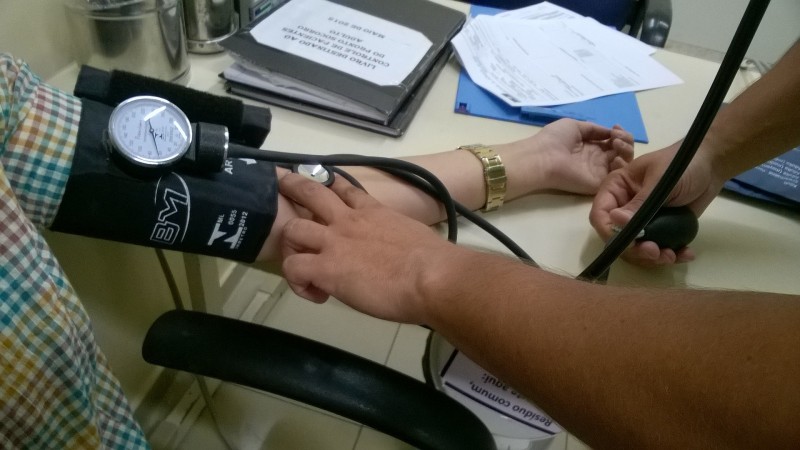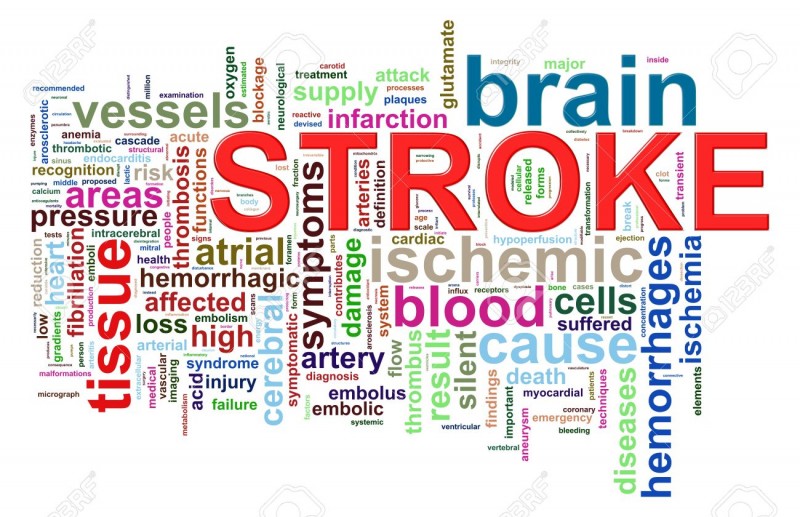
Feb 26, 2017
Final Conference
27-28 February 2017, Thon City Centre Hotel, Brussels
Addressing Chronic Diseases: How can the EU effectively implement their prevention, management and care across Member States?
JA-CHRODIS’ aim is to contribute to reducing the burden of chronic diseases and to promoting healthy living and active ageing in Europe. Partners gathered highly promising and cost-effective good practices focusing on health promotion and primary prevention as well as the management of multimorbidity and diabetes, with a view to facilitate their exchange and transfer between European countries and regions. (more…)

Feb 22, 2017
Walking Ability Study Benefits Stroke Survivors
Stroke is the leading cause of disability in older adults in the United States, but research by Clarkson University Associate Professor of Physical Therapy George Fulk and his colleagues is pointing the way to recovery for people who are relearning how to walk.
Using data collected over a number of years from two other large clinical trials, the Potsdam, N.Y. researcher and his team were able to create and analyze one large database. Their results show a six-minute walk test is the strongest predictor of walking activity in the home and community for stroke survivors. That information, in turn, helps map the most effective steps for physical rehabilitation and independence. (more…)

Feb 21, 2017
Rena, aged 81 was widowed recently and lives a semi active life as she suffers from borderline heart and kidney failure. Early one morning, she telephoned a neighbor, requesting she come over immediately. Within five minutes the neighbor, an active volunteer in the national stroke NGO, heard how Rena was suddenly unable to hold her coffee cup. A quick examination of seeing one hand drop when asked to lift both and the drooping of one side of her mouth were sufficient to immediately call an ambulance. (more…)

Feb 18, 2017
Written by Alison Turner
Kasia’s Facebook page is filled with the subjects you might expect a 28 year old woman to be interested in – Zumba, cooking, travel and concerns about money. But you’ll also see references to spasticity, hemiparesis, research and, frequently, hospital, because Kasia has survived two strokes. Stroke does happen to young people.
A journalism graduate, living in the Polish city of Szczecin, she writes with an endearing blend of generosity and youthful determination. It’s not surprising that her Polish blog, lewaczka.pl, which she updates 2 or 3 times a week, attracts an average of 200 readers a day. Occasionally, she also writes entries for the English version of her blog, stroketales.com. Her posts are sincere and frank, sharing her own experiences, but also highlighting the trials of her readers, who contact her for support. We spoke via Skype on a Sunday evening in February 2017. (more…)

Feb 17, 2017
Transplanted neurons incorporated into a stroke-injured rat brain
Today, a stroke usually leads to permanent disability — but in the future, the stroke-injured brain could be reparable by replacing dead cells with new, healthy neurons, using transplantation. Researchers at Lund University in Sweden have taken a step in that direction by showing that some neurons transplanted into the brains of stroke-injured rats were incorporated and responded correctly when the rat’s muzzle and paws were touched.
The study, published in the journal Brain, used human skin cells. These cells were re-programmed to the stem cell stage and then matured into the type of neurons normally found in the cerebral cortex. (more…)

Feb 14, 2017
Dušan M. from Serbia was proud that he could eat a lot of greasy and salty food, smoke two packs of cigarettes a day and never had a sick day in his life, until he was 49 and had a stroke while trying to tie his shoelaces and go to work.
-I hate that although now I do everything right, the damage is done, I can’t go back to how I was before- he says to his wife almost every morning when she helps him prepare for the physical therapy.
There are stroke risk factors which can be influenced by every one of us. Switching to a healthy lifestyle could play a big part in decreasing your risk of stroke. Find what motivates you to prevent stroke, to live longer and stay healthy, not just for your sake, but also for your family’s. Blood pressure, atrial fibrillation (arrhythmia), blood sugar and body weight are all manageable risk factors. Start small and control them one by one to increase your chances of a stroke-free life. (more…)










